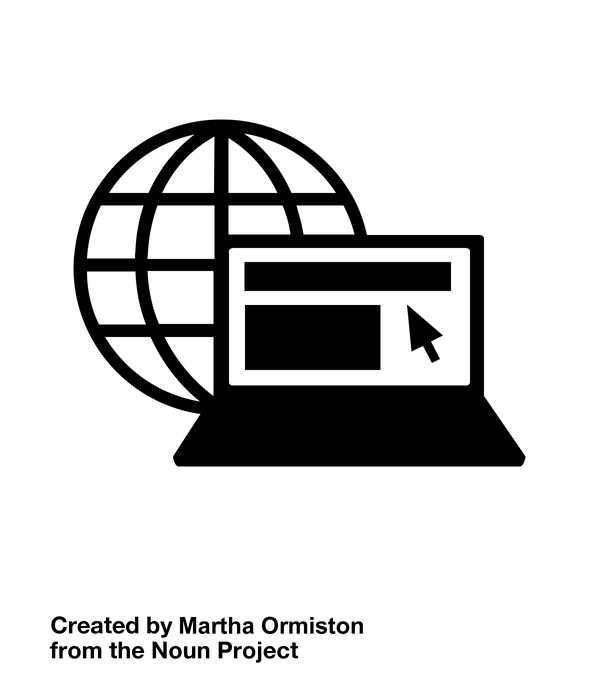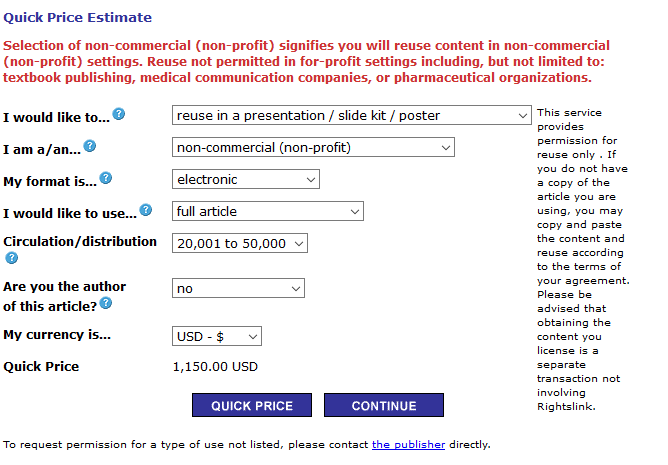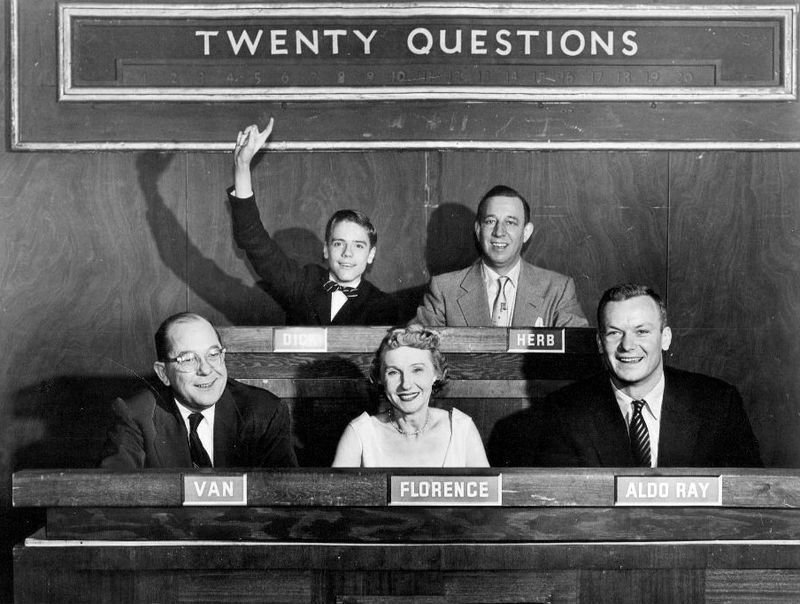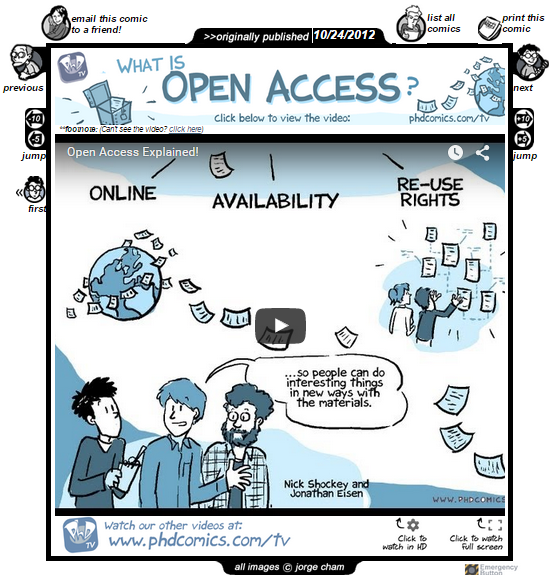Open Science
and Copyright
@g_fra
Gwen Franck, Open Access Programme Coordinator EIFL and Regional Coordinator Creative Commons Europe
https://slides.com/gwen/open-science


"Caution Tape" by Eugene Zemlyanskiy on Flickr CC BY
I am not a lawyer ... (not even a researcher )





Talking points :
- Open Science : why, how
- Current state of OS
- What are researchers talking about?
- FAQ
- What can you do to promote OS, OA?
- Lead the way!
- Celebrate the public domain!
- What are other libraries and GLAMs doing?
Open Science refresh (what & how)
Summary
- Journal subscription prices are unsustainable for research institutions
- no more TINA: Digitization has changed scientific publishing
- Publishing is not necessarily costless but current system is not fair
- Not only "Free to read" but reuse rights are crucial as well
- Biggest impediments:
- current scientific practices
- misunderstandings about OA
Open Science: the basics
- Open Access to publications
- Open Access Journals
- Deposit in archive
- Open Research Data
- stand-alone and underlying publications
- can be published/archived


- accessibility is not the same as reusability
- user/reader rights?
- who retains the author's rights?
- technical format?
- archiving rights?
- different levels of openness
Open Science is about more than access


http://5stardata.info/en/ by Tim Berners-Lee

Open Science refresh (why)

Research does no longer exclusively happen behind university walls



All icons found on The Noun Project



And Civil Society has an
interest as well!





All icons found on The Noun Project









"No access" by Lukas Benc on Flickr, CC BY-ND

You don't need to be a copyright expert to know that the current system is not optimal for the distribution of information ...

Existing copyright regulation is not adapted to the reality



- multiple authors in different countries
- multiple jurisdictions
- data mining
- crowd sourced science
- various Open Access policies
- Wikipedia ...
- social media
- parodies
- Freedom of Panorama
- translations
- civil society
- ...


Accident ! by clement127 found on Flickr CC BY NC ND
Every scientist/teacher/librarian/museum employee/... should be able to conduct work without fearing accidental breaks of copyright
QUIZ!


Formula cannot be (c), but it could be patented

"American soldiers watch as the Tricolor flies from the Eiffel Tower again" via Wikimedia
Although France does not have 'Freedom of Panorama', the Eiffel Tower dates from 1889 and is PD. This specific picture is PD as well because: "This work is in the public domain in the United States because it is a work prepared by an officer or employee of the United States Government as part of that person’s official duties under the terms of Title 17, Chapter 1, Section 105 of the US Code"

“The Eiffel Tower, built in 1889, falls within PD
Daytime views from the Eiffel Tower are rights-free.
However, its various illuminations are subject to author’s rights as well as brand rights. Usage of these images is subject to prior request from theSociété d’Exploitation de la Tour Eiffel"

“In accordance with legislation, usage rights for the image of the Atomium would naturally extend to 1st January 2076, in other words, the seventieth anniversary of André Waterkeyn's death" http://www.atomium.be

"Elgin Marbles east pediment" by Andrew Dunn on Wikimedia CC BY-SA 2.0
Although the work is PD, the picture can be (c) because of the level of originality

Text
"Pride and Prejudice" by Jane Austen, on Project Gutenberg (public domain)

(c) Disney Corporation, but the fairytale is Public Domain!

(c) Seth Grahame Smith
http://en.wikipedia.org/wiki/File:PrideandPrejudiceandZombiesCover.jpg

"I am so confused" by Ian Sane on Flickr CC BY 2.0
In an ideal world ...
- no (c) in the classroom
- no geo-blocking
- no ancillary (c)
- Freedom of Panorama
- what's in the public domain remains in the public domain
- "the right to read is the right to mine"
- ...


"Some rights reserved'
4 building blocks










Two additional legal tools



Don't forget:




Make sure the license you use allows for the re-use you want!
Frequently asked questions

Open Access is illegal/a copyright infringement
- not if you do it right!

Open Access equals low quality research
- Open Access = providing access to research
- not: no peer review
- not: low quality journals
- not: stealing work from others

I am afraid others will steal my idea
I am afraid others will profit from my work
- the benefits of 'open' exceed the benefits of remaining closed
- open = putting a timestamp on it !
- re-use can enhance the original

I don't know where I can find Open Acces Journals
There are no good OA journals in my field
OA journals are fraudulent
- DOAJ
-
A little common sense goes a long way
- Think, check, submit
- Open Access Spectrum evaluation
- You don't need to publish in an OA journal if you deposit in a repository (institutional/disciplinary)
The journal I want to publish in does not offer an Open Access option
I don't have the author rights to provide Open Access
- Open Access does not equal Open Access publishing!
- Almost all publishers allow deposit in a repository (sometimes after an embargo)
- Negotiate with your publisher!
Open Access is expensive
I cannot pay Open Access fees
- Plenty of journals don't ask for publishing fees or they are very low or they can be waived upon request
- APCs can be reimbursed by your funder
I don't know where to archive/deposit my materials

Putting images in the public domain will remove revenue from my organisation
What can you do?

What can libraries/institutions do?
-
information and advice
-
blog, social media
-
contact point (e-mail address)
-
translate materials (see for example fosteropenscience.eu )
-
Participate in events such as open access week, open education week, public domain day
-
Identify local champions: http://openscholarchampions.eu
-
Inform and Lead By Example!
- Advocate for open policies
-
Inform and lead by example!
-
make all your own publications and data openly accessible
-
expand/highlight the public domain
-
use public domain/openly licensed materials when possible!
-
- Examples of open business models:
- Royal library Sweden : http://www.kb.se/openaccess/Hjalptexter/English/
- National Library of Australia: http://firstmonday.org/article/view/1960/1837
- http://www.fosteropenscience.eu
- http://pasteur4oa.eu
- http://openaire.eu
- http://creativecommons.org
Further reading:
- @g_fra
- gwen.franck@eifl.net
- https://slides.com/gwen/open-science
"Open Science and copyright" by Gwen Franck is licensed under a Creative Commons Attribution 4.0 International License, except otherwise noted.



